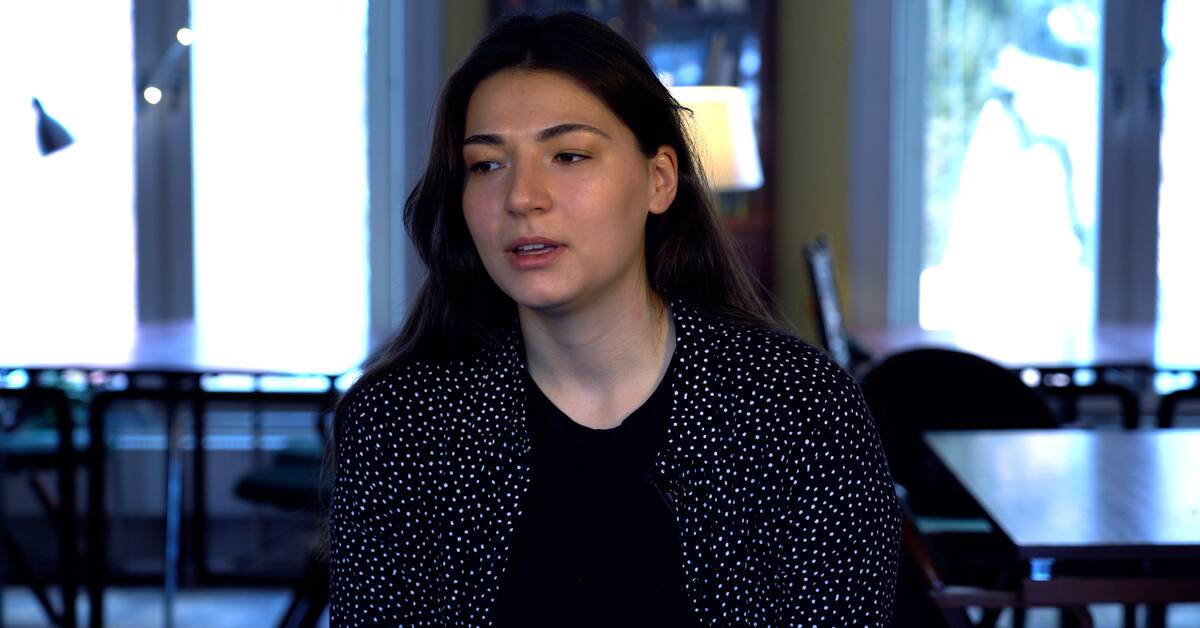When Minister of Education Anna Ekström (S) called on the country's university to stop collaborating with Russian institutions, she was clear on one point: The measure should not affect individual students and researchers.
Despite this, several universities tell SVT that they are now stopping their exchange agreements with Russian and Belarusian universities.
- It is a consequence of the government's call.
All agreements must be put on ice, says Karin Apelgren, head of the student department at Uppsala University.
"Contributes to insulation"
Stockholm, Lund and Umeå universities are also among those who have paused their exchange programs.
So does the EU program Erasmus.
- I understand that it is a problematic situation, but at the same time it is obscene to prevent individuals from applying to Sweden.
This is exactly the type of exchange we need for a changed Russia, says Stefan Ingvarsson, analyst at the Foreign Policy Institute.
- I am afraid that the western world is now contributing to the isolation that some forces in Russia have dreamed of - and which we ourselves have promised to counteract.
"Not chosen to be born in Russia"
The students who want to go to Sweden must now rely on scholarships or pay the tuition fees out of their own pocket.
The approach has been common, but has now become much more complicated.
- I have many friends who would love to come here but as it looks now it is impossible.
The ruble is too low and our assets are frozen due to sanctions.
It's sad, says Lisa Khaidarova, who has studied in Uppsala since 2018.
She describes how the sanctions in many ways hit her friends and family harder than against the Russian elite.
- It is not possible to compare with the terrible suffering that the Ukrainian people are going through, but it is important to highlight that it is not only the Russian elite that is affected, it is young people who want to study and build their lives.
We have not chosen to become Russians, we were just born there.
Several stop agreements
SVT has asked the country's university about how they now relate to students from Belarus and Russia.
No university answers that they will send some students home, but many have been forced to break contacts and can no longer verify the students' grades.
Örebro University does not stop students but writes in a decision that the university must "take a restrictive stance" for collaborations with Russian and Belarusian citizens.
Several have also made surveys of their collaborations and in many places agreements have been stopped.
One example is Lund University, which recently stopped a climate project in the Arctic due to Russian contacts.

